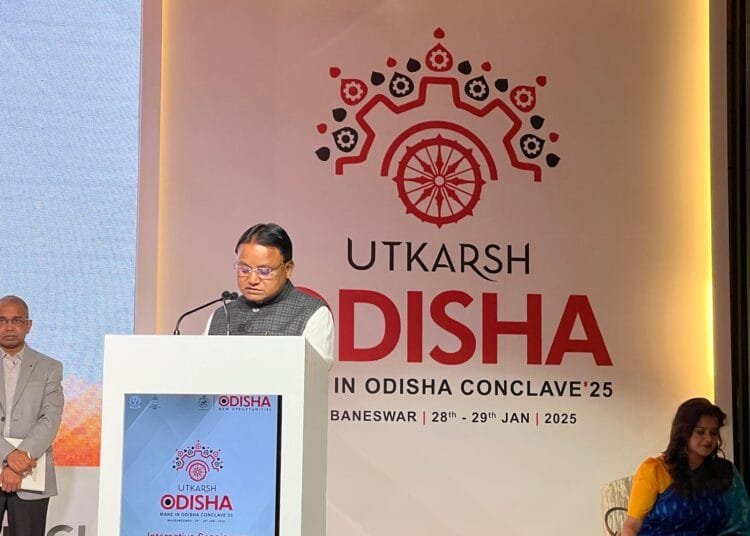Stakeholders want intangible and indirect elements of logistics cost studied
The Department for Promotion of Industry and Internal Trade (DPIIT) and National Council of Applied Economic Research http://ncaer.org have signed a Memorandum of Understanding (MoU) in New Delhi for the development of Framework & Assessment of Logistics Cost in India https://commerce.gov.in/ .
The MoU was signed by Secretary and Operations Director, NCAER, Dr. Anil Sharma and Joint Secretary, DPIIT, Dr S K Ahirwar; the occasion was graced by DPIIT Secretary Rajesh Kumar Singh http://dpiit.gov.in .
The key deliverables of the MoU are:
- Developing a detailed framework for assessment of Logistics Cost in the country https://logistics.gov.in/ .
- Make a comprehensive study for assessment of logistics cost for year 2023-24.
- Assessment of differentials in logistics costs across routes, modes, products, types of cargo, and service operations, etc.
- Identification of major determinants along with influence on the logistics in different sectors, etc.
Speaking at the MoU signing on 5 Jul, Singh highlighted the importance of data-based evaluation of India’s logistics cost https://www.nseindia.com/ .
During the said seminar a panel discussion on this subject was held with the participation from Senior Government officers from DPIIT and GSTN https://services.gst.gov.in/services , multilateral institutes, industries, academicians, etc.
The logistics sector stakeholders and Industry associations https://www.bseindia.com/ at the seminar that followed the event suggested that the logistics sector being very diverse in nature, commodities and products of high value and high volume to be identified for this study purpose.
There were also suggestions to look into the intangible and indirect elements of logistics cost which also includes the cost of delay.
There was also a view that from an investor perspective for the convenience of establishing business may also be considered as an element affecting the cost.
This MoU envisages NCAER to conduct the detailed study as above and submit the report within a years’ time. This study is likely to result in far reaching impacts for the logistics sector in India.
The Government had launched the National Logistics Policy (NLP) on 17 Sept 2022. One of the primary objectives of the NLP was to reduce the percentage of logistics cost to the GDP http://shipindia.com .
In line with this, Logistics Division, DPIIT had earlier launched a report titled Logistics Cost in India http://dhl.com : assessment and long-term framework in December 2023.
This report was prepared by NCAER where a baseline aggregated logistics cost estimate and a framework for long term logistics cost calculation was prepared http://maersk.com .
The logistics cost of the country needs to be regularly assessed and monitored such that the data of cost variation will both benefit the industry and the policy makers.
This process involves using data of trade flows, product types, industry trends and origin data pairs.
In addition to conducting the detailed secondary surveys, this requires an institutionalised framework for the process of data collection in a systematic and periodic manner, the Ministry of Commerce and Industry said. Fiinews.com









